
"We don’t use the term conversion therapy; we think it’s a kitchen sink term, a political term that has been imposed on anybody who has a different point of view."
That is the belief of Dr. Mike Davidson, CEO of the Northern Ireland-based non-profit Christian ministry Core Issues, which works to support men and women who have 'homosexual issues' and want to 'voluntarily seek change in sexual preference and expression'.
Mike himself sought therapeutic help after recognising he had 'homosexual inclinations' which didn't line up with his 'deep longing to be married and to have children'. He married his wife in South Africa in the late 70s, having revealed his 'issues', and began therapy in the early 2000s.
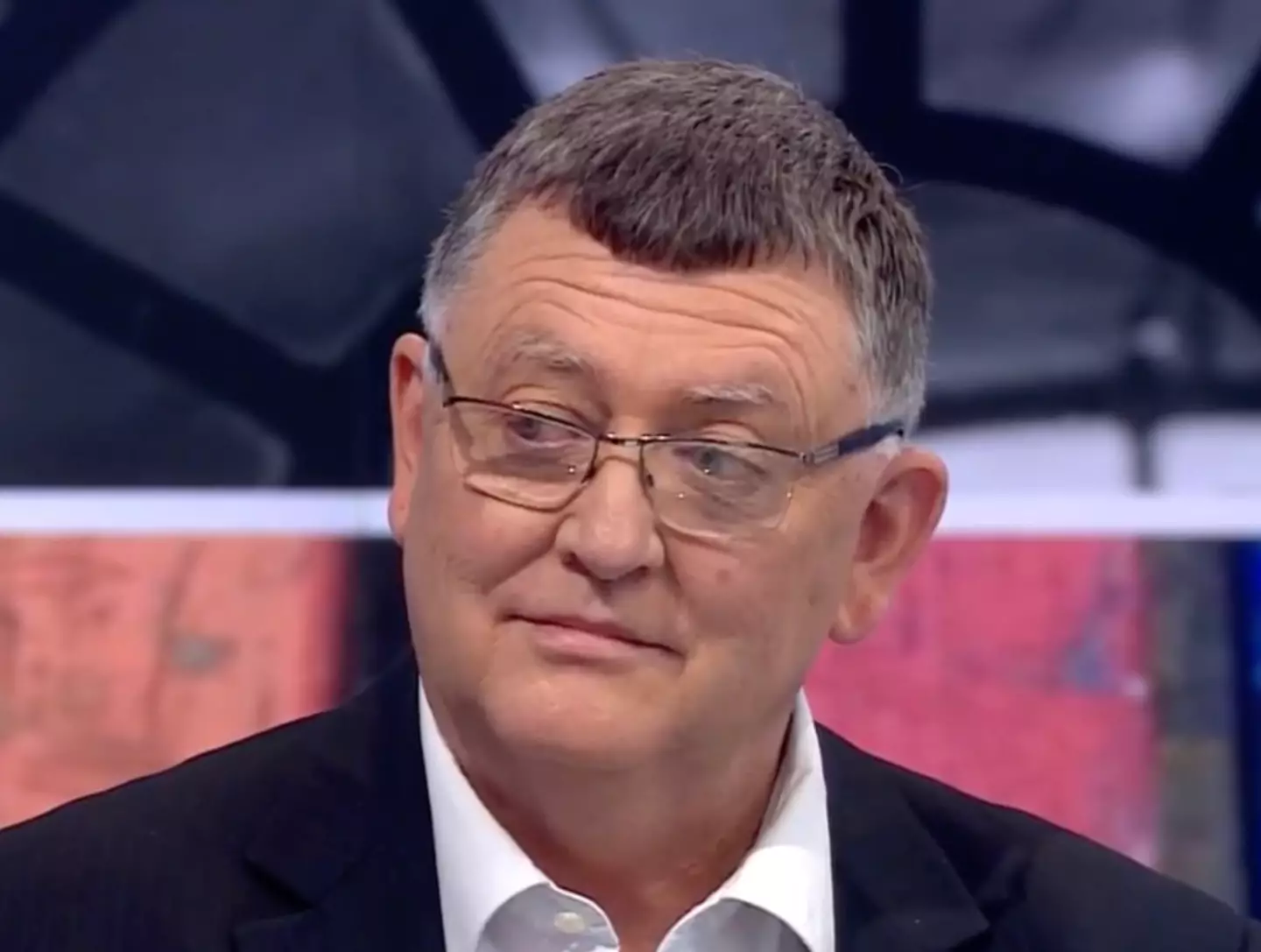
Advert
"I knew I needed to do something because there was conflict in my life...," Mike said. "I began work with a psychotherapist and over a period of about two and a half years I had two different psychotherapists. I also briefly met with a psychiatrist, so the point is there was not some ‘exotic’ therapy. Gay conversion therapy, this ‘thing’, that’s not what happened."
Mike found he was able to open up to his therapists and explore his feelings; an experience he found 'helpful and productive'. As a result, he became passionate that people should 'have the right and the freedom' to be able to access therapeutic help to put a stop to 'unwanted same-sex attractions'.
The doctor made clear he doesn't consider this 'help' as conversion therapy, describing it instead as 'therapeutic support for people moving away from unwanted same-sex attractions and gender confusion'. He is not a licensed therapist, having been 'chucked out' of training because he 'didn't support their viewpoint'.
"The document says I could continue with my training if I desist from my point of view... It’s viewpoint discrimination and that’s why this is a very dangerous game I think we’re playing," he said of his dismissal.
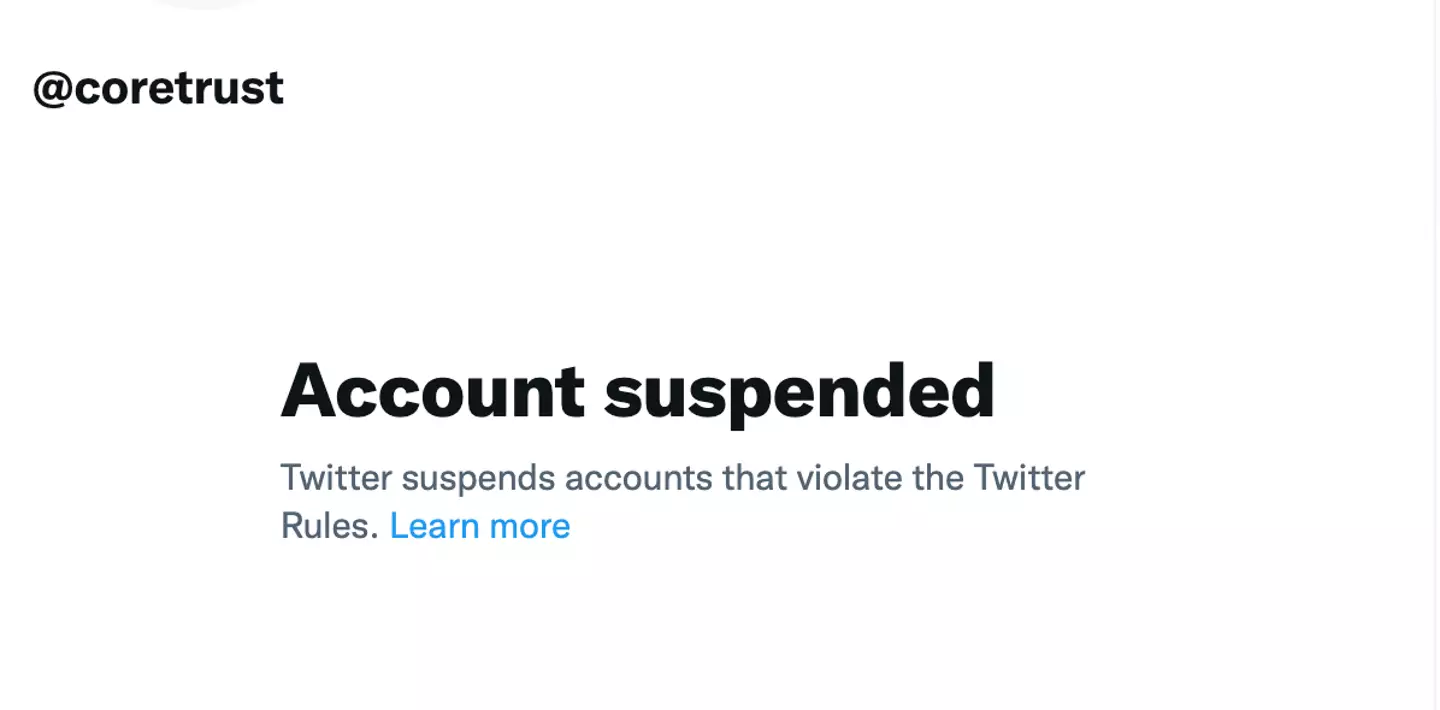
Speaking to UNILAD, Mike explained he does not believe sexual orientation is 'innate and immutable', that it is unchanging. Instead, he believes sexual patterning 'becomes entrenched', saying: "I would never say that gay people choose to be gay; I didn’t choose to have those feelings... but they developed over a period of time."
"I think we should be open to understanding that if human sexuality is fluid then we should be open to people changing and going in new directions, and accept that," he said.
Mike used marriage counselling as an example to support his work, questioning why a married man who has fallen in love with another woman could seek help, when a man who falls in love with a man could not. He argued instances of men falling in love with men are met with one answer: "oh you’re gay, get used to it, that’s who you are, be authentic."
However, Mike doesn't believe every man in this situation wants that - as he says was the case with himself.
"I didn’t want to be affirmed by people who just told me that ‘if you have these feelings that’s who you are’, that’s the big lie. And the government appears to want to penalise anybody who has tried homosexual stuff and then who wants to move away from it, they won’t be allowed to because they can’t undergo any type of therapeutic practise that will change their sexuality. That's the danger," he said.
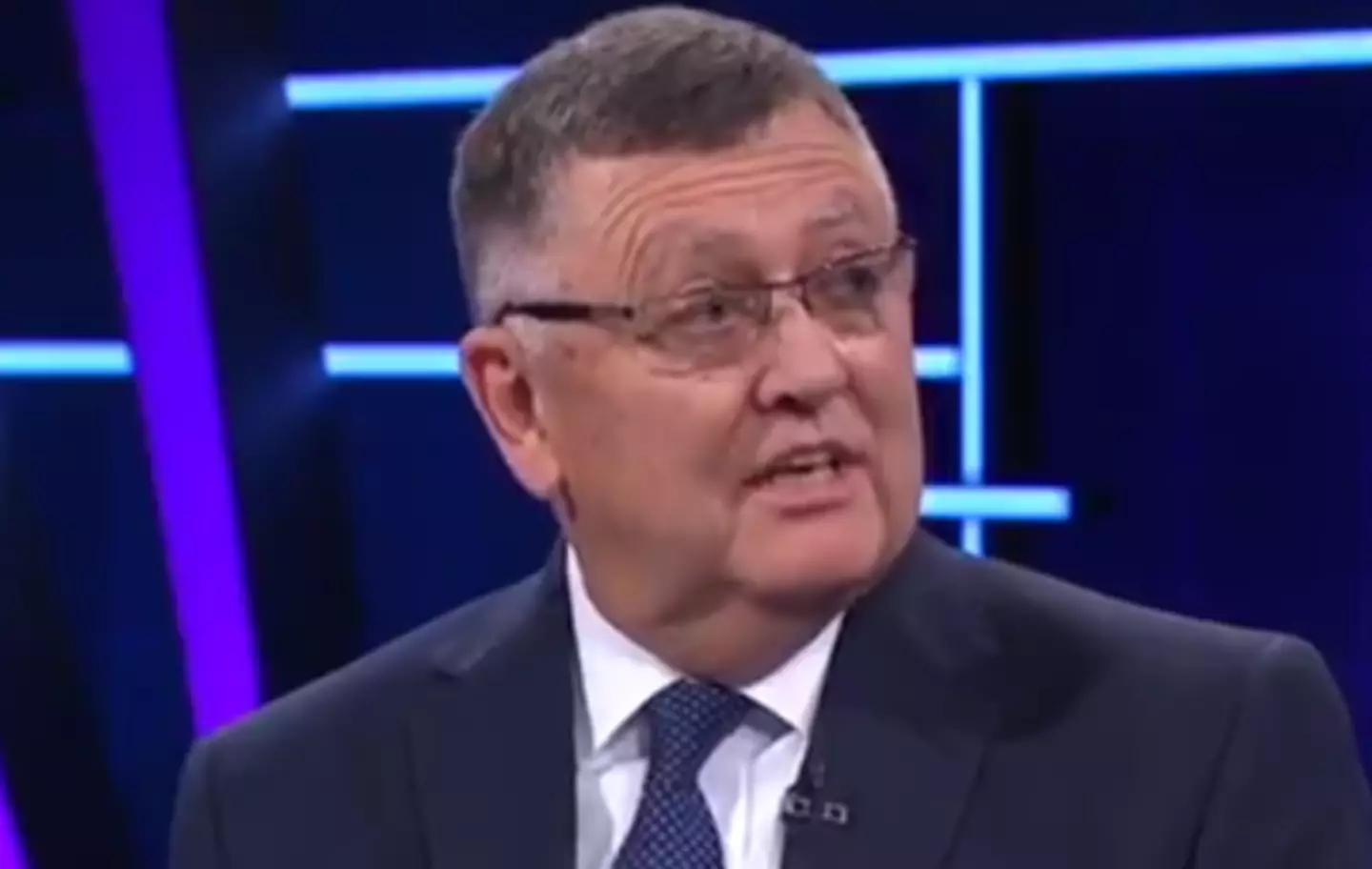
Plans to outlaw conversion therapy for gay and bisexual people in England and Wales have been announced by the UK government, which described such practices as 'abhorrent', and many LGBTQ+ people and advocates continue to fight for a ban on conversion therapy.
However, Mike does not believe a ban is the right way to go. Instead, he believes therapeutic help for those with 'unwanted same-sex attraction' should be regulated and professionalised, with properly trained therapists available to support those who seek their assistance.
He agreed we should 'all be opposed to poor therapy' and 'everything that is coercive', but condemned attempts to interfere with 'an adult person's right to choose'. Mike wants to 'support LGBT dignity', meaning he wants to give them 'respect', recognise their 'creativity, intelligence, right to live and be free in society'. He wants 'the best for them' and doesn't 'want to have a prejudice' - but he doesn't support equal marriage.
Still, Core Issues and LGBTQ+ people are similar, Mike explained, in that he wants both to have a 'place in the sun'.
He said: "People have to have the freedom and the rights to make the decisions that they want in terms of where they go and how they live their lives, and I would want to defend that."
In his sessions, Mike begins by establishing the reasons why patients have come in the first place, stressing people have 'got to do life the way you want to do it' and come for 'the right reasons', before listening to their stories and their hopes for the future in terms of their sexuality.
Mike searches for ways he can support the patient before determining whether they would work successfully together. If so, he would offer the opportunity for further sessions.
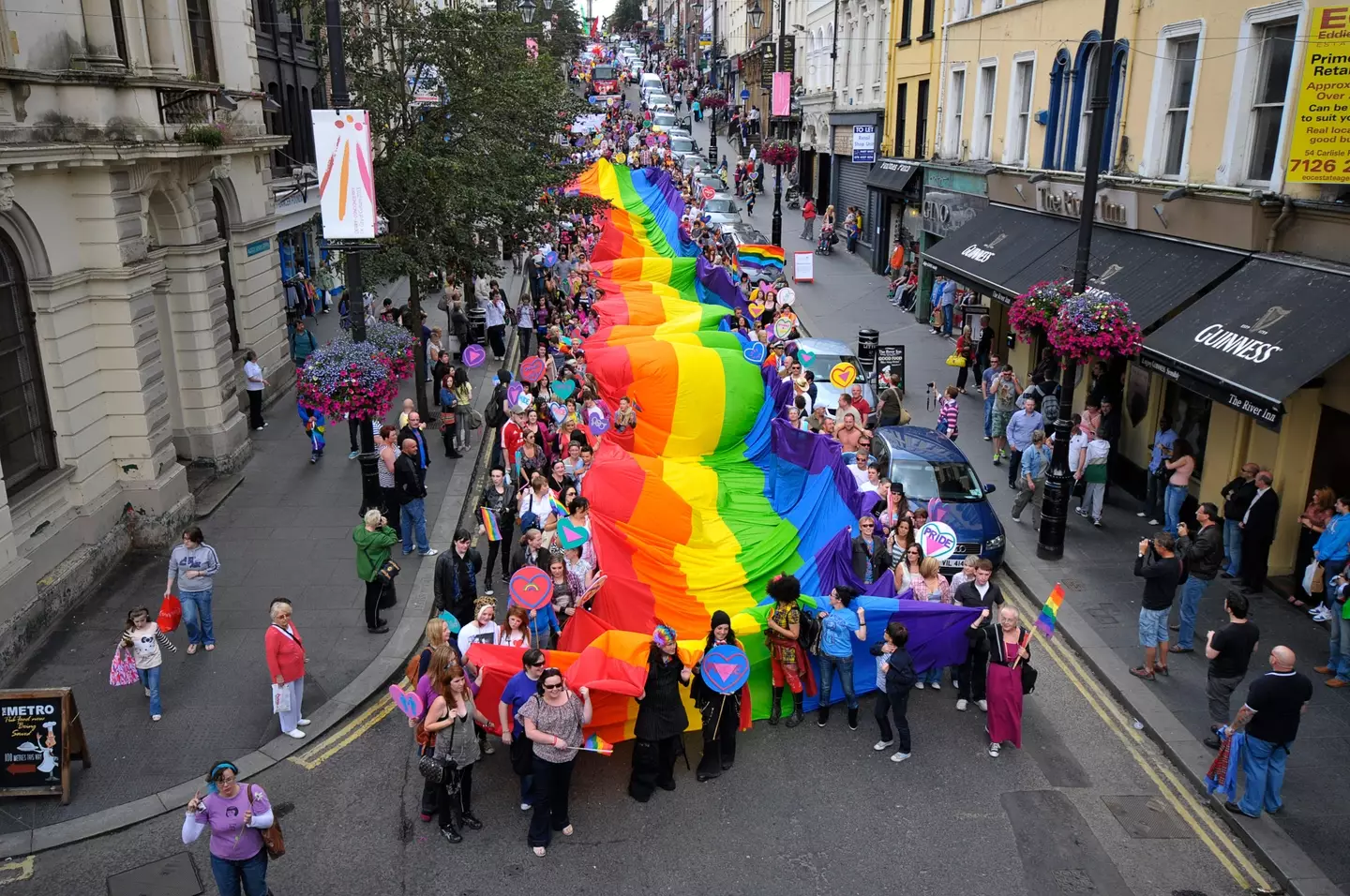
"What you’re trying to do is help the client to fulfil that need for connection in a way that is consistent with their values," Mike explained, adding: "They are in conflict because they’re acting in a way that doesn’t accord with their conscience or their point of view or their desire for themselves.
"So if you can help them to find ways of connecting in a fulfilling way that is not sexualised, then that becomes liberating because the underlying emotional need is met and they no longer need to go and get what they’re getting from these [same-sex] encounters which very often are satisfying for 20 seconds but then leave people with shame and doubt and guilt."
As the stories of those Mike has worked with over the years aren't finished yet, it's difficult for the doctor to determine his success rates. "I don’t know if they live happily ever after," he explained, but he expressed belief they're 'sure not where they were when they came in the first place'.
Not everyone wants to go through with concluding the sessions, though, and during his time working with the public Mike has recognised that some people ultimately do not want to try and move away from their same-sex feelings. His personal opinion on such a situation is the hope that someone is not 'making a mistake' and 'giving up', but he respects those who choose to walk away and does what he can to refer them to people who can help.
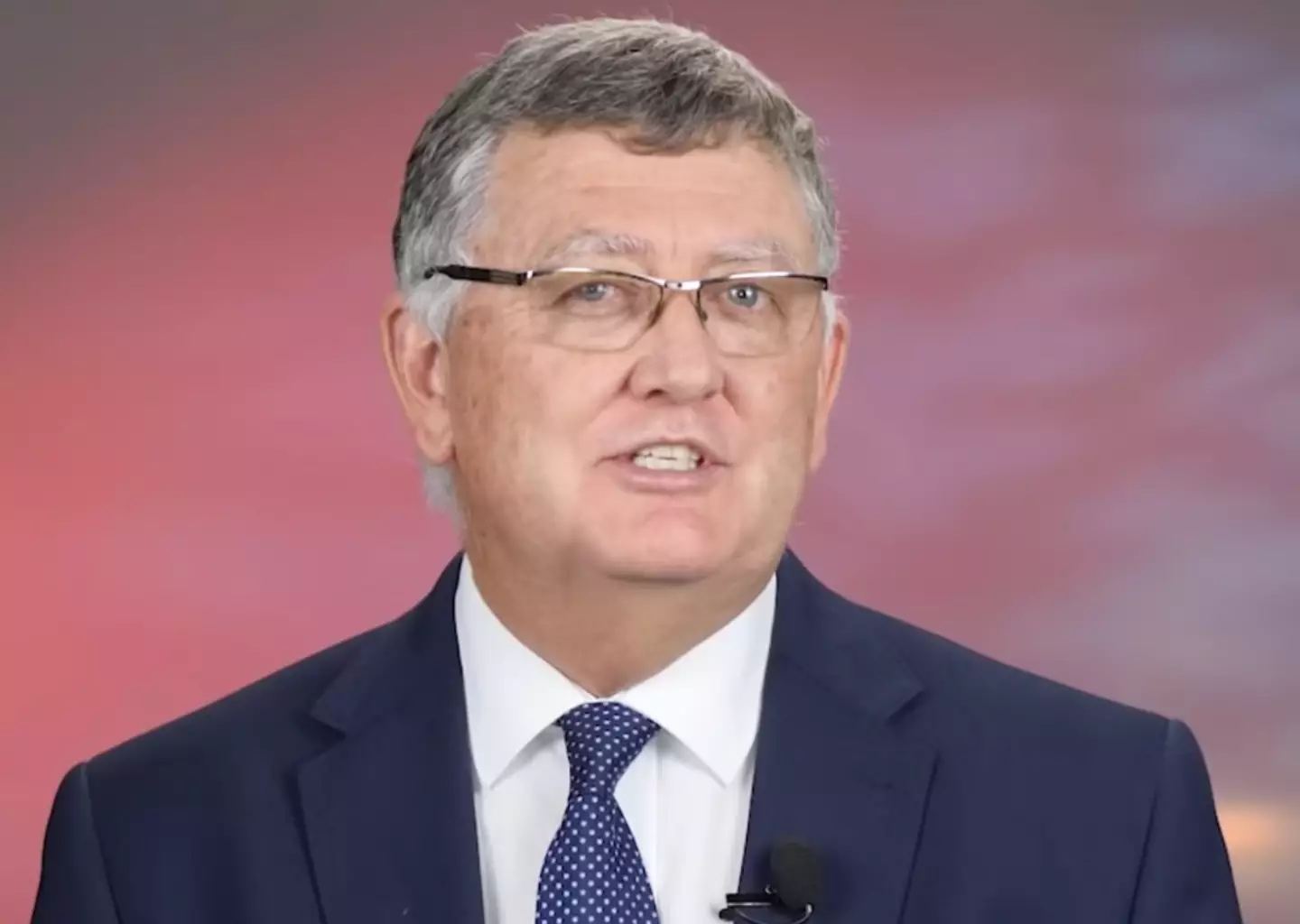
The controversial nature of Core Issues means the charity has had its Facebook and TikTok pages taken down, with Mike claiming this is because they are 'not allowed to have a viewpoint' and 'everybody has to conform to this monoculture of state ideology'.
Should a total ban on conversion therapy be enforced, Mike plans to continue touting his opinions because he believes in 'the freedom of speech and the freedom of religion, the freedom of association'.
"I believe these are all protected under the Human Rights Act... as I’ve said we don’t do conversion therapy so no, I think I will be continuing in the same direction, if that’s going to be challenged then obviously they have to prove that what I am doing is conversion therapy," he said.
Mike acknowledged other countries have gone ahead with bans on conversion therapy, but isn't worried about them hindering the therapy completely.
For those who hope for restrictions across the globe, Mike believes they've got 'another thing coming'.
"I don’t believe it will succeed, a total ban. It may happen for a while, but ultimately I don’t believe it will happen."
If you’ve been affected by any of these issues and want to speak to someone in confidence, contact the LGBT Foundation on 0345 3 30 30 30, 10am–6pm Monday to Friday, or email [email protected]
Topics: UK News, LGBTQ, Politics, Mental Health